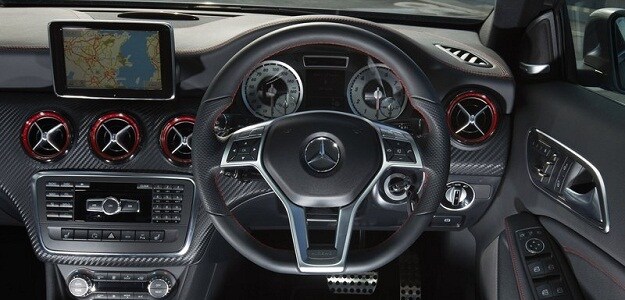
Photo for representational purpose only.
Scientists have created a security protocol to protect smart cars - equipped with global positioning system (GPS), bluetooth and internet connections - from being hacked.
"There could be some very severe consequences if someone hacked into the car. A car can be fully controlled by the hacker if it is not protected," said Shucheng Yu from University of Arkansas at Little Rock (UALR) in the US.
Yu and Zachary King from UALR created a security protocol to protect smart cars from hacking.
They also built an experimental environment that simulates the communication system in a smart car, which allows the security protocol to be tested through simulations.
The research focuses on the development of a security protocol to protect the Controller Area Network (CAN), an internal communications system in vehicles.
"There are many ways that hackers can control CAN. Once they access it, hackers can pretty easily control your car however they want," said King.
"We are proposing to add a layer of security, so if an unauthorised person accesses it, they still would not be able to control your vehicle," he said.
The security protocol protects the CAN in two ways. It authenticates messages sent through the network by creating an authentication code.
This authentication code allows nodes on the network to differentiate between a valid message and an attacker's message, researchers said.
The second security feature protects against replay attacks, when a hacker attempts to breach the network by repeatedly sending an old message.
The protocol uses a timestamp to calculate when the network last received the message, which verifies the message's "freshness," researchers said.
"There could be some very severe consequences if someone hacked into the car. A car can be fully controlled by the hacker if it is not protected," said Shucheng Yu from University of Arkansas at Little Rock (UALR) in the US.
Yu and Zachary King from UALR created a security protocol to protect smart cars from hacking.
They also built an experimental environment that simulates the communication system in a smart car, which allows the security protocol to be tested through simulations.
The research focuses on the development of a security protocol to protect the Controller Area Network (CAN), an internal communications system in vehicles.
"There are many ways that hackers can control CAN. Once they access it, hackers can pretty easily control your car however they want," said King.
"We are proposing to add a layer of security, so if an unauthorised person accesses it, they still would not be able to control your vehicle," he said.
The security protocol protects the CAN in two ways. It authenticates messages sent through the network by creating an authentication code.
This authentication code allows nodes on the network to differentiate between a valid message and an attacker's message, researchers said.
The second security feature protects against replay attacks, when a hacker attempts to breach the network by repeatedly sending an old message.
The protocol uses a timestamp to calculate when the network last received the message, which verifies the message's "freshness," researchers said.
Track Latest News Live on NDTV.com and get news updates from India and around the world

